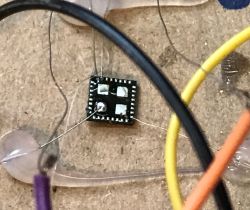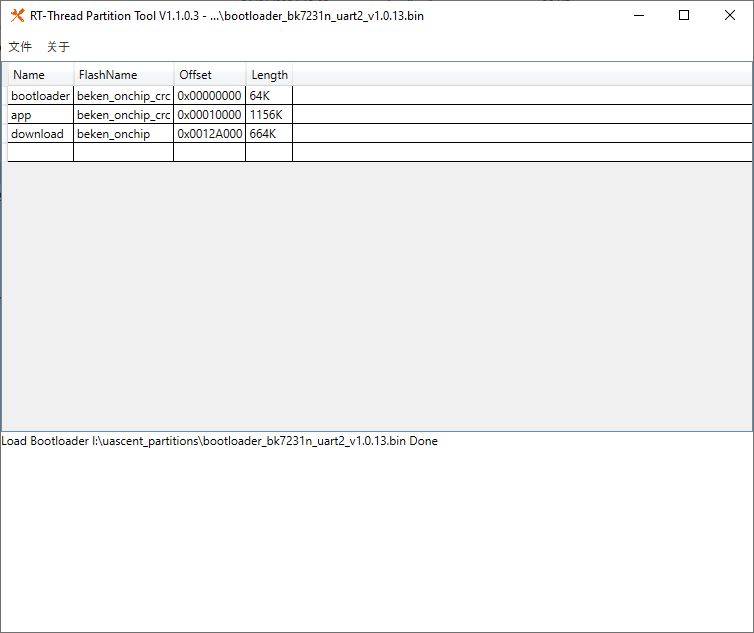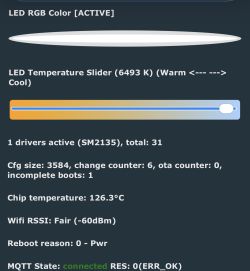tomiok wrote: And no one has mentioned the cool ability to check (and possibly turn off) if, for example, I have turned off the iron, soldering iron, etc. as I rush to work.

.
...
What do you mean no?
I wrote above that by arming the alarm the system turns off all my lights that are on.
In addition, it "extinguishes" a few sensitive points, which I can treat like your iron or soldering iron, although I don't have a problem with that, but if I left the soldering iron on, it would actually be cut off because just this section on the desk is disconnected when the alarm is armed.
I didn't even think about the possibility of checking various things because it's kind of an indispensable (and obvious) part of automation, but just checking is one thing and automating processes (e.g. turning off lights) is another.
Added after 12 [minutes]: .
Linoge wrote: ....
- And then there is the heating control, I will tell you that the savings are negligible if you reduce the temperature for a few hours because it drops maybe 1-2*C if the house is uninsulated, the heating control in the smart home is based on temperature stabilisation which is impossible to achieve with on/off. If you don't have a radiator with the right output, it's very difficult to catch up in an hour, and a more powerful radiator means higher costs and the stench of dust because it heats to the max. Doing something like this makes sense if you're going away for a few days a year, but then you're not interested in saving 50-200 PLN on heating. ...
.
My colleague does not take into account the fact that if I have many heating zones, I can heat a bedroom differently, a living room differently, a bathroom differently - by which I mean at different times. For example, I heat the bedroom "only in the morning and only in the evening". - so it is no longer several hours a year.
I have written about this anyway, whoever wants can read above.
Of course, you can come up with "too small or too big radiators", "uninsulated house" and other things as counter-arguments, but what do they have to do with the automation itself? Will the lack of automation suddenly make the radiators adequate or the house better insulated? After all, before and after the installation of automation the conditions (size of radiators / insulation) are the same so I don't understand the arguments presented as being against the installation of automation.
Personally, I can see the differences in the charges although I always have the doubt in the back of my mind whether I can definitely compare this year to last year - after all, each year is different and this is regardless of whether I have automatic heating or not.







 .
.